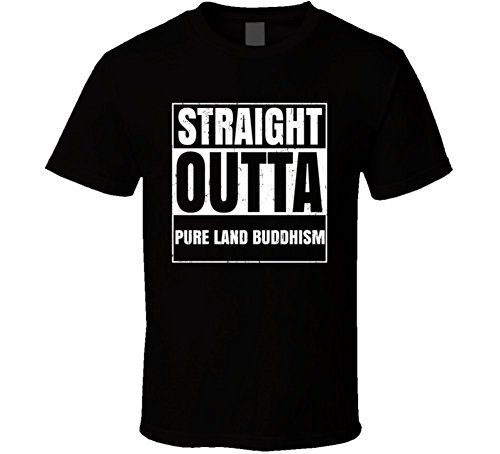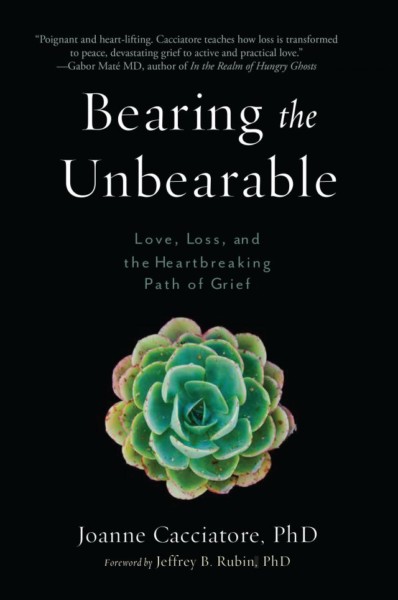
I am loathe to judge others, but I suspect I am not alone here. My yana, my vehicle, had run out of gas. As a Buddhist, I could not abandon my destination, but I needed another ride. I found value in cultivating the four sublime states; that was a practice I could still embrace.
By Chris Rolitsky
I envy the truly secular Western Buddhist.
To dispense with the metaphysics of the faith: karma, samsara, Nirvana, the pantheon of devas and demons, hungry ghosts and hells. I envy the meditation without purpose other than the clarity of the present moment—no expectations for rebirth and no nagging worries about karma. Being nobody and going nowhere, right now. Really.
Then there are the Western Buddhists who meditate as their self-help therapy. It is meditation to reduce their stress, anger, pain and their drugs. That is certainly a secular practice as well, but it is not especially or necessarily Buddhist. It works, however.
A practical path for a modest goal.
Which leaves those Buddhists, like me, (like many in the world?) for whom karma and samsara are still persistent realities to be reckoned with—buddhists who still meditate because we want liberation. We are going somewhere, toward enlightenment, and meditation is supposed to be the vehicle we drive to get there. Or we are already at our destination, and meditation is clearing our windshield so we can finally see it and stop driving, already.
And if that is your Buddhism, and it is working for you, happy trails to you, my friend.
It was not working for me. I did not groove on the jhanas. I enjoyed the good feeling from the meditative absorptions, but they demanded an indulgent environment to sustain. Vipassana meditation provided insight, alright, but my job and nature made dedicated practice impossible. Just sitting left me cold. And I cannot say any of these practices had gotten me closer to where I was headed.
None had made me more virtuous.
I am loathe to judge others, but I suspect I am not alone here. My yana, my vehicle, had run out of gas. As a Buddhist, I could not abandon my destination, but I needed another ride. I found value in cultivating the four sublime states; that was a practice I could still embrace. But I finally decided, in desperation, that if loving-kindness, compassion, sympathetic joy and equanimity were to be my mind’s abode, why shouldn’t they also necessarily characterize the reality I sought to know? It made no sense to master these very human virtues in order to reach an enlightened state that was devoid of them.
And in an instant, just like that, the Buddha Amitabha kindly stopped to pick me up.
Now, I know that among serious Western Buddhists—and I was one, believe me—Pure Land is right up there with Nichiren as a leading candidate for Crackpot Buddhism. I suspect the fact that it is the largest Buddhist sect in the world is probably the single biggest reason for the disdain. I mean, how valid can such a plebeian Buddhism be (am I right)?
Amitabha, the Buddha of Infinite Light, is clearly ahistorical, although given that we are not even sure exactly when Shakyamuni walked the earth, I am not kept up at night worrying about this.
Briefly: Once Upon A Time, the monk Dharmakara made his Primal Vow:
“If when I attain Buddhahood, sentient beings…who sincerely and joyfully entrust themselves to me, desire to be born in my land, and call my Name even ten times, should not be born there, may I not attain perfect Enlightenment.”
Well, old Dharmakara did make it to become the Buddha Amitabha, so his Vow holds; and all the wretched of the earth who seek liberation may receive it by reciting the Name—actually, “I take refuge in Amitabha Buddha” in English; “Namo Amitabhaya Buddhaya” in the original Sanskrit; or “Namo Amida Butsu/Nembutsu” in Japanese. Shinran, the thirteenth-century Pure Land Martin Luther, reduced the practice to one single sincere and joyful recitation—the ultimate get-out-of-samsara card. All subsequent vocalizations are simply pure gratitude for having been liberated. Even better, they are in fact Amitabha’s vocalizations through the mouth of the believer.
Preposterous? Well, secular Buddhists handle the messy problem of their persistent evil by simply denying its karmic consequences. Very slick. Pure Landers acknowledge theirs and humble themselves before a compassionate reality. I chose the latter because really, I had no alternative.
If someone had told me years ago that I’d end up talking about grace saving wretches like me with evangelical Christian fellow-travelers, I’d have laughed. But when you are riding with the Buddha, be prepared for a long strange trip.
Namo Amitabhaya Buddhaya
Chris Rolitsky made his first step on his own spiritual journey in the eighth grade, when he refused Catholic Confirmation, no small feat in Cleveland in 1980. But Christianity still informs his Buddhism, happily now more and more as an old friend. He says: we have history together. He is a pathologist by vocation and can report that the Dharma holds at the microscopic level—not me, not mine. “As I have gotten older, I am more aware of the need for amazement, and so my Buddhism has changed. More devotional. Less me.”
Photo: (source)
Editor: Dana Gornall
Comments
- Zen Buddhism and the Blues - April 5, 2024
- Escaping from Jehovah’s Witnesses through a Buddhist Path - March 24, 2024
- Getting to Know Holly Herring - February 29, 2024




